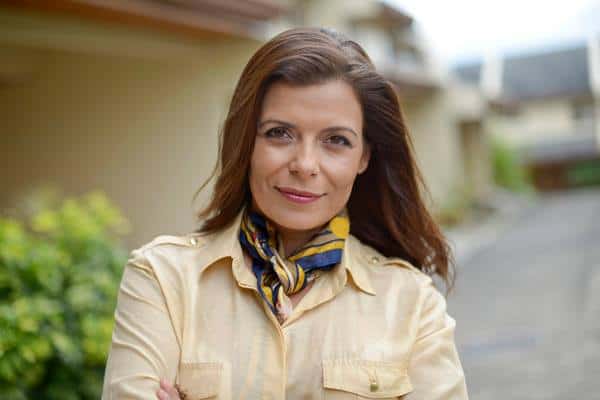Giannina Segnini, an award-winning investigative journalist from Costa Rica, has been named as the Columbia Journalism School’s first Knight Chair in Data Journalism.
The Knight Chair is supported by the John S. and James L. Knight Foundation as part of its commitment to data journalism education, according to a news release from Columbia.
Segnini heads a new three-semester M.S. in Data Journalism at the school, a program with a curriculum drafted in response to a Knight Foundation-funded study that showed gaps in data journalism training across the United States.
“We’re witnessing a time of both renewed commitment to the journalistic mission across borders and increased attacks on the press aimed at undermining investigative reporting,” Segnini said in the statement. “Data journalism is playing an important role in contributing to the first and fighting against the latter. I’m thankful for the Knight Foundation’s support in recognizing the importance of data journalism education and honored to be part of the Knight Chair program.”
The Knight Chairs initiative supports 26 leaders in journalism working to improve education for journalists in the United States.
A 2001-2002 Harvard Nieman Fellow and winner of the prestigious García Márquez Award for Excellence in Journalism, Segnini helped bring the practice of data journalism to Latin American newsrooms. At the helm of the daily La Nación’s leadership team, she led efforts that uncovered multiple cases of international corruption, including the Alcatel bribery scandal and Finnish bribery case that involved two former Costa Rican presidents.
Segnini also obtained scores of WikiLeaks cables from open-information advocate Julian Assange, which were the source of several La Nación stories. She resigned from La Nación during a management dispute in 2014.
More recently, Segnini participated in the Pulizer Prize-winning Panama Papers investigation, and worked with Univision to oversee a project focused on the poor regulation of cruise ships. Her collaboration with Univision won the Ortega y Gasset prize for best multimedia coverage.






